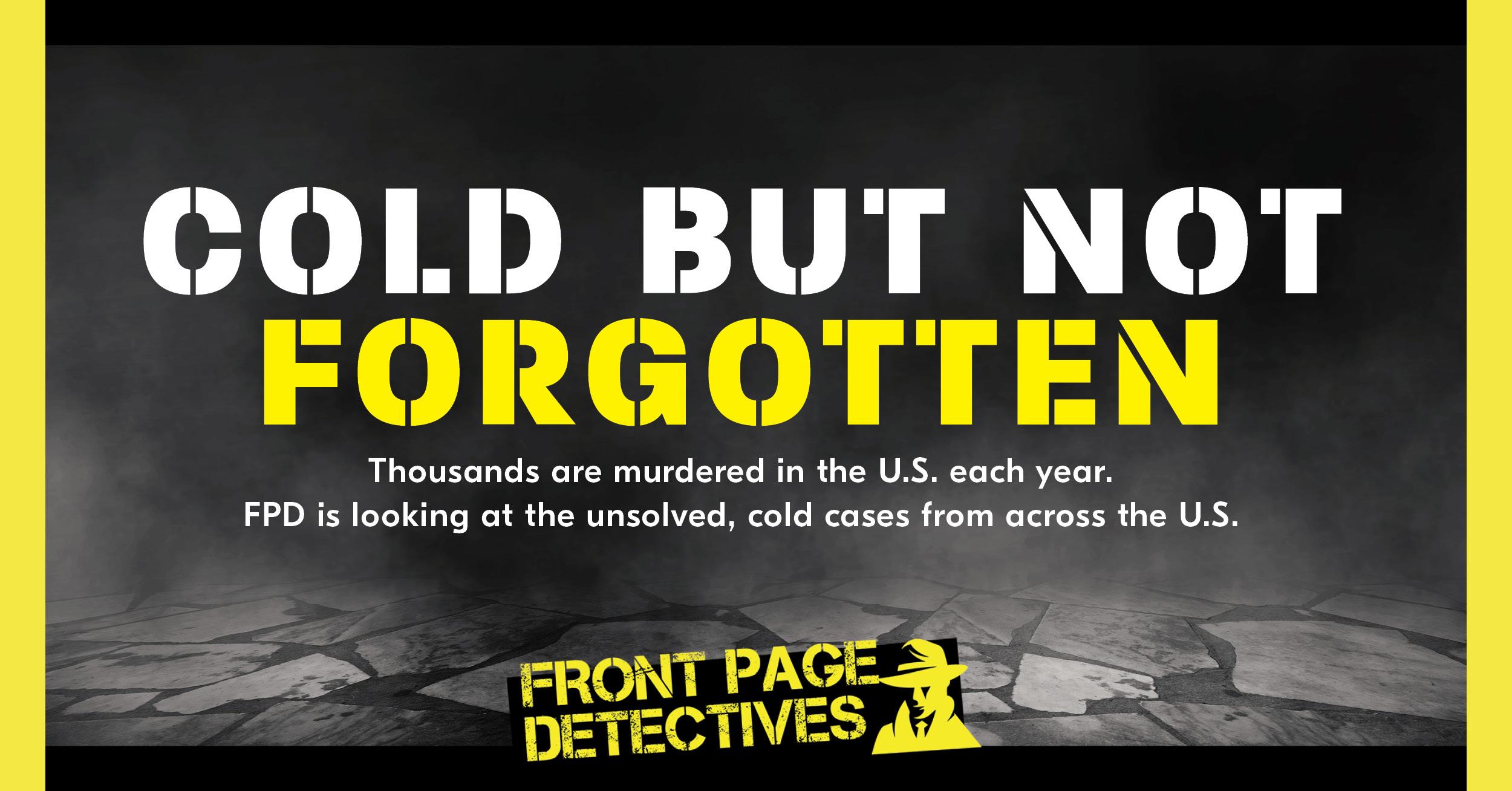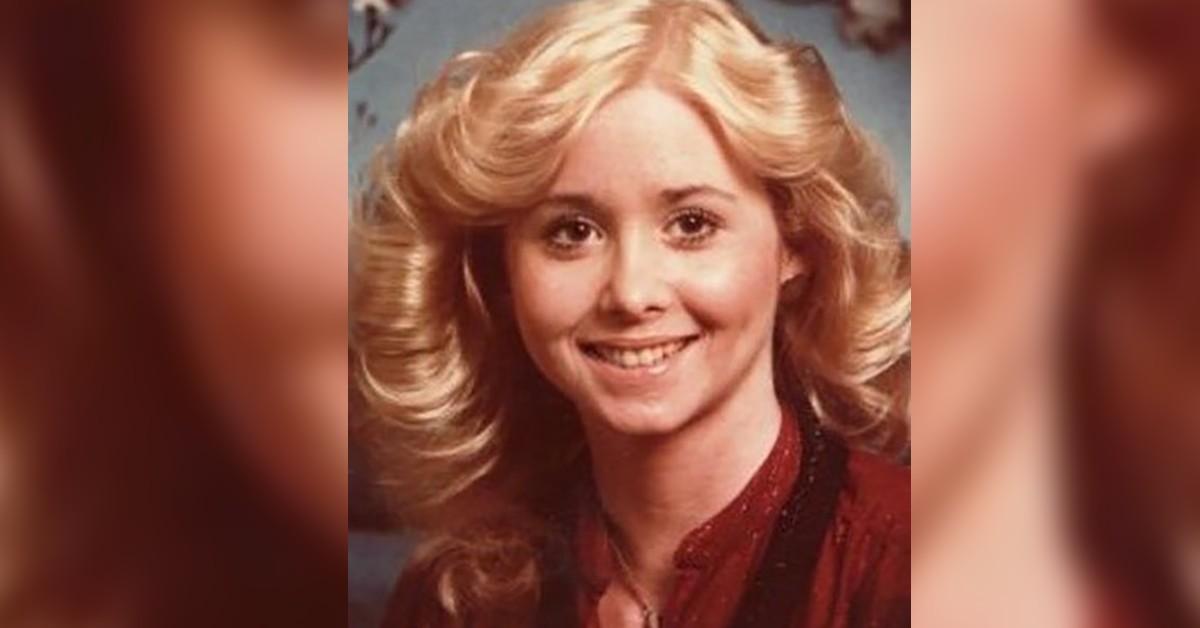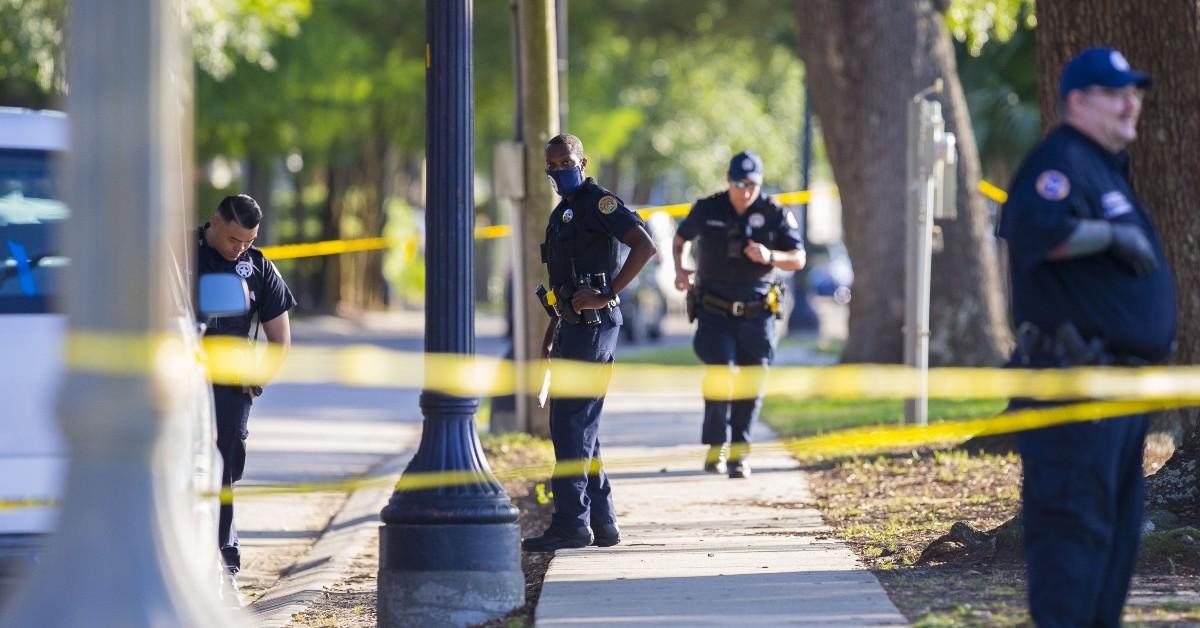'We’re working for the family': Cold case investigators talk about how they solve decades-old crimes

In Iowa, Cedar Rapids police cold case investigator Matt Denlinger admitted he likes to take a moment after a particular email comes in. It’s the one from a lab confirming DNA results. It’s the one telling him that he has solved a decades-old cold case.
But he quickly follows up with a phone call to the lab.
“’Hey, I want to make sure I’m interrupting your report correctly,’” Denlinger recalled telling them. While he knows some of the technical lingo, he just wants to be sure. “I love just hearing it from them, ‘Yeah, that’s your guy.’”
Denlinger is one of hundreds of cold case investigators across the country who spend their days trying to solve crimes that have stumped other officers for decades. These investigators are the ones who hope to bring a resolution to the family of the victims and to catch the perpetrators.

Recently, Denlinger and Tulsa County Sheriff’s Office cold case investigator Mike Huff spoke to FrontPageDetectives about how they go about investigating the cases and what it’s like to, finally, have an answer.
Denlinger said his next phone call is to his fellow officers to let them know they have an answer in the case. He got to do that a few times recently, such as in October when Cedar Rapids police announced they solved the 50-year-old murder of Maureen Brubaker-Farley.
Earlier, the agency announced it solved the 39-year-old murder of Michelle Martinko.
The next call, Denlinger said, goes to the victim’s family.

Michelle Martinko
“You realize it was beyond their wildest dream 20 years ago to get an answer in this case, and half the time, they don’t even realize you’re still working on them,” Denlinger said.
Though Denlinger admitted he lets the family know he is working on the case and calls them when he has legitimate questions. Denlinger said he tries not to call too often because he doesn’t want anyone to get their hopes up.
In Cedar Rapids, many of the case files are digitized, and he starts by looking over the files. Denlinger also has two retired officers who help with investigations. In Martinko’s case, the file was more than 700 pages, Denlinger said.
Police also looked to see which cold cases already had a DNA profile to decide which ones to try and solve first.
DNA only became a common law enforcement tool in the early 21st Century, Denlinger said. But the technology has improved, and now only a small sample is needed to test, but it's still a bit of a crapshoot.
“There is always a big waiting game when you send in evidence that your hoping has DNA on it and you’re hoping it’s not just the victim’s DNA,” he said.
Like in Cedar Rapids, in Tulsa, Oklahoma, there is also a cold case investigative unit. Denlinger is paid for his work, but the members of the cold case squad for the Tulsa County Sheriff’s Office are all volunteers. The current sheriff worked for Huff and asked him to look at some cold cases. Other members of the unit were investigators in the area, including those who helped with the Oklahoma City bombing.

The Tulsa sheriff’s unit also partners with Oklahoma State University for testing and experts, Huff said.
The Tulsa group recently solved one case dating to 1973, where the victim was killed on her way home. Police recently identified the alleged killer, but the suspect died from COVID-19 before investigators could file charges.
“The feeling of resolution is, it’s elation,” Huff told FrontPageDetectives, though he quickly said it’s not about glory for the police agency. “We’re working not for us, we’re working for the family.”
He said they work on cases also because there is a trust between the larger community and police.
“I think police have a responsibility to never give up and to give the community a sense of trust in their law enforcement agency to know there is nothing more important than someone getting killed,” Huff said.
Putting together a cold case can be challenging because information about who a witness was might be limited given it happened 30 years ago, Huff said. At that point, finding a witness almost becomes like hunting down a fugitive. Their unit also likes to look at the physical evidence of a case to see if new technology can help close the investigation.
Every month, there is a news story about some agency in the country solving a cold case thanks to DNA or a fingerprint, Huff said.
While they look for “low hanging fruit” that might help them start their investigation decades after the crime, Huff admitted that is rarely the case.
“If cold cases were easy,” Huff said, “they wouldn’t be cold.”
Become a Front Page Detective
Sign up to receive breaking
Front Page Detectives
news and exclusive investigations.
